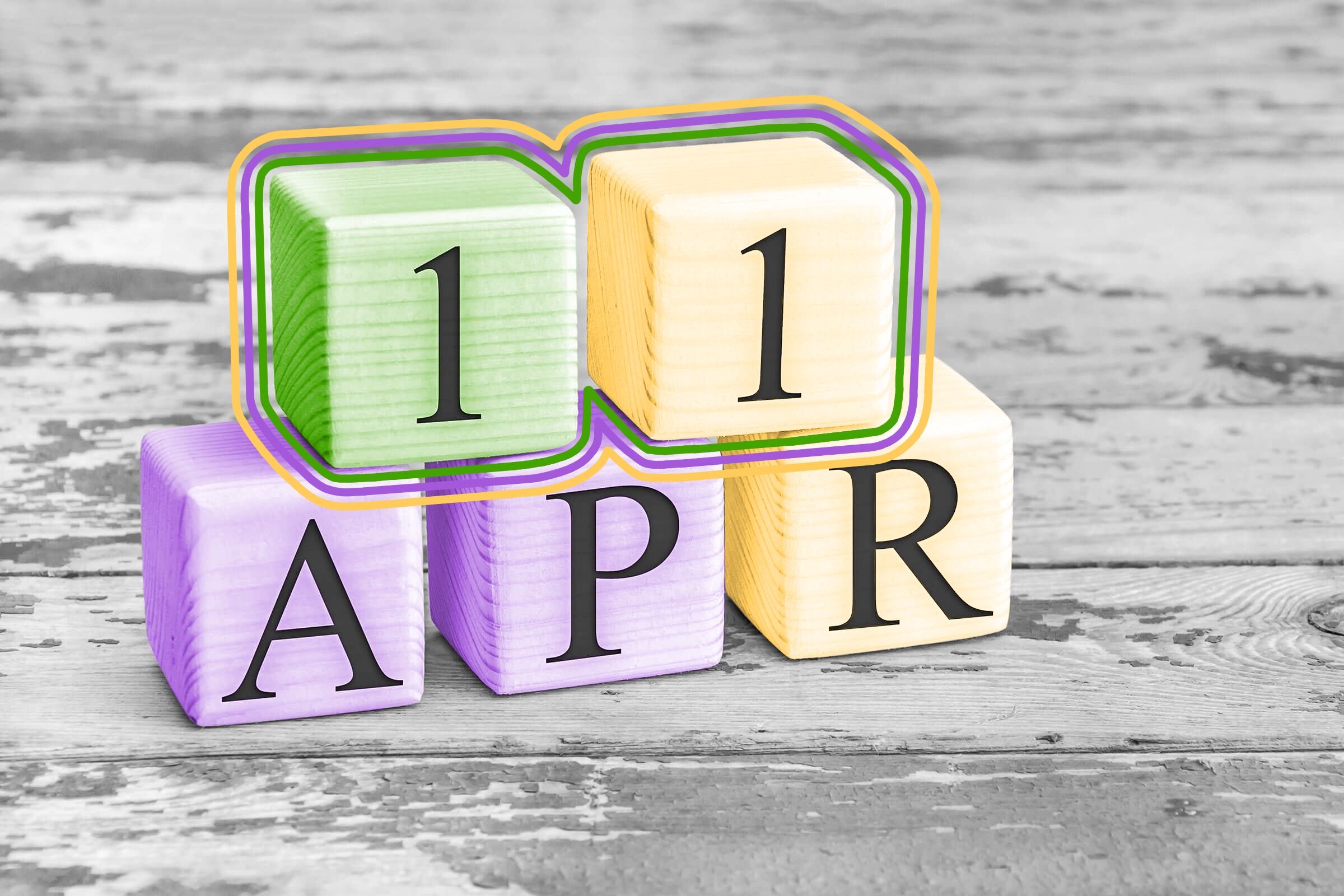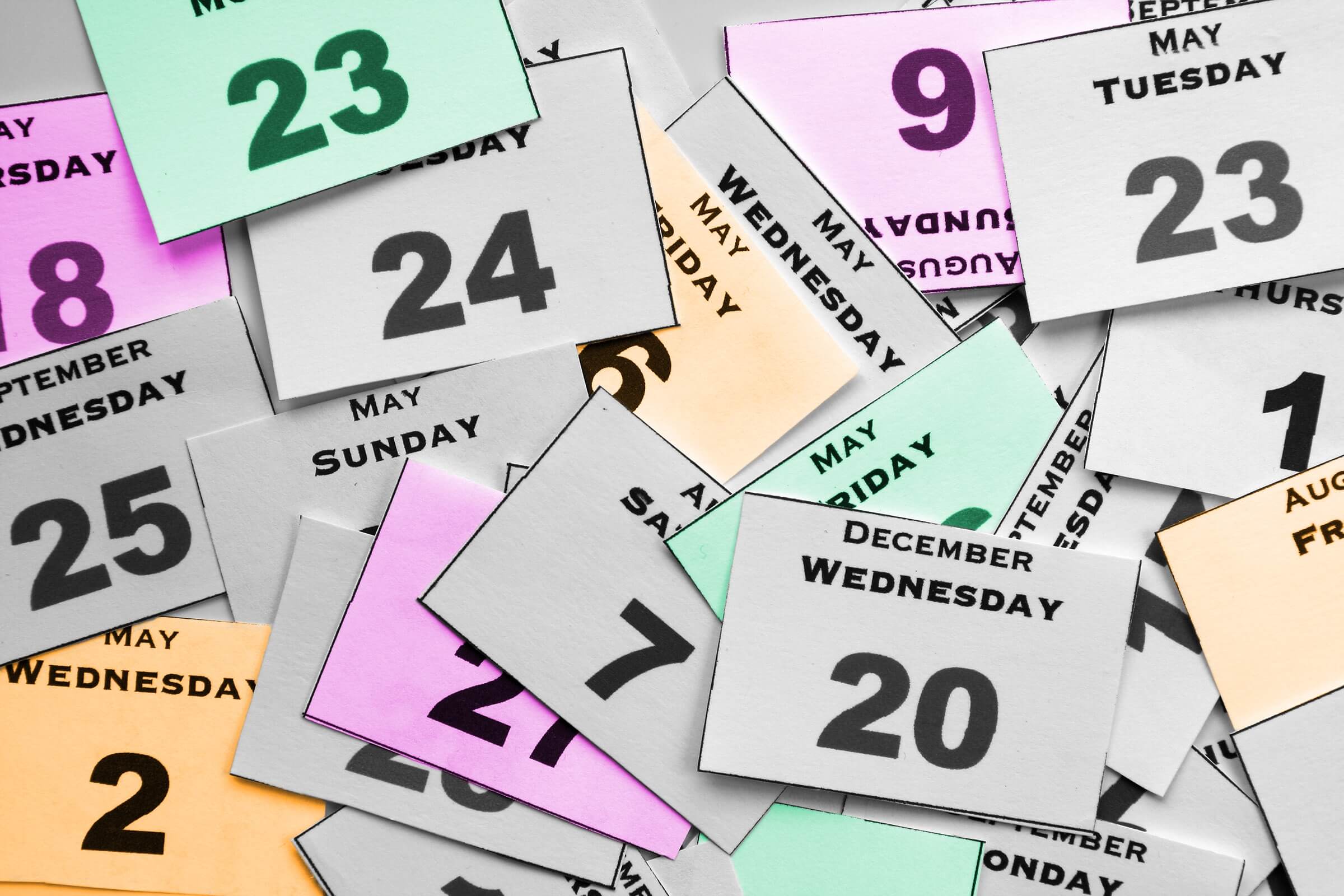
April 11, 1954, may have been the most boring day in the 20th century.
What’s the most boring day in history — a day where truly nothing important happened? That was the question posed in 2010 to a computer program named True Knowledge. Designed by computer scientist William Tunstall-Pedoe, the program contained 300 million facts, many of them tied to dates. After scouring those facts and comparing them to their respective dates, True Knowledge decided that April 11, 1954, was the most boring day in the 20th century. Belgium held a general election, some sports events happened, a coup in India was possibly planned but not carried out until two days later, and no notable births or deaths occurred — at least as far as the computer program could figure out.
However, scientists may have some other days to suggest when it comes to the most boring day in history ever. The period from around 1.8 billion to 800 million years ago is known to geologists as “the Boring Billion,” because very little happened on Earth in terms of evolution, atmospheric chemistry, or geologic formation. Basically, it’s like the Earth was on pause for a billion years. It wasn’t until the Cambrian Explosion some 530 million years ago, when most major animal groups started to appear in the fossil record, that things really started to get exciting. So chin up, April 11, 1954: You weren’t very interesting, but there’s at least a billion years that you easily beat.
Today, boredom is under threat, with billions of smartphones bringing nearly limitless distraction to us worldwide. But while boredom may be uncomfortable, it can also be good for our brains. These precious moments of downtime give our brains a much-needed chance to rest, consolidate memories, and reflect on lessons learned throughout the day. Studies have shown that those who experience boredom spend more time thinking about their future, and boredom is also known to spur creativity as well as altruism. So the next time you’re feeling a mind-numbing sense of restlessness, don’t reach for your phone. Instead just let your mind wander — who knows what you’ll dream up?

